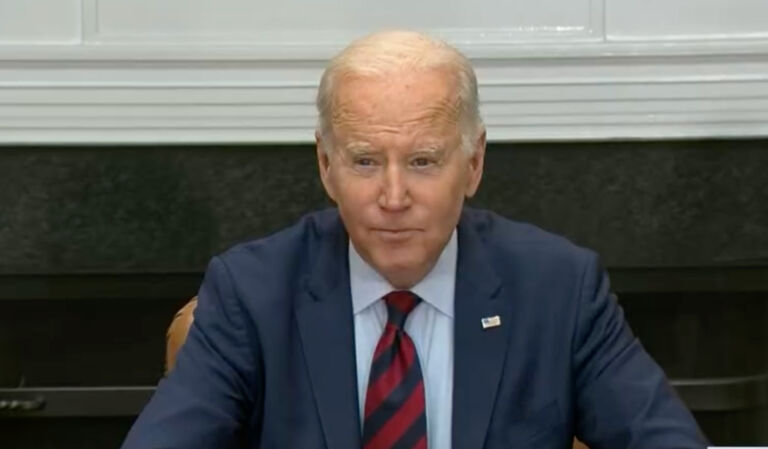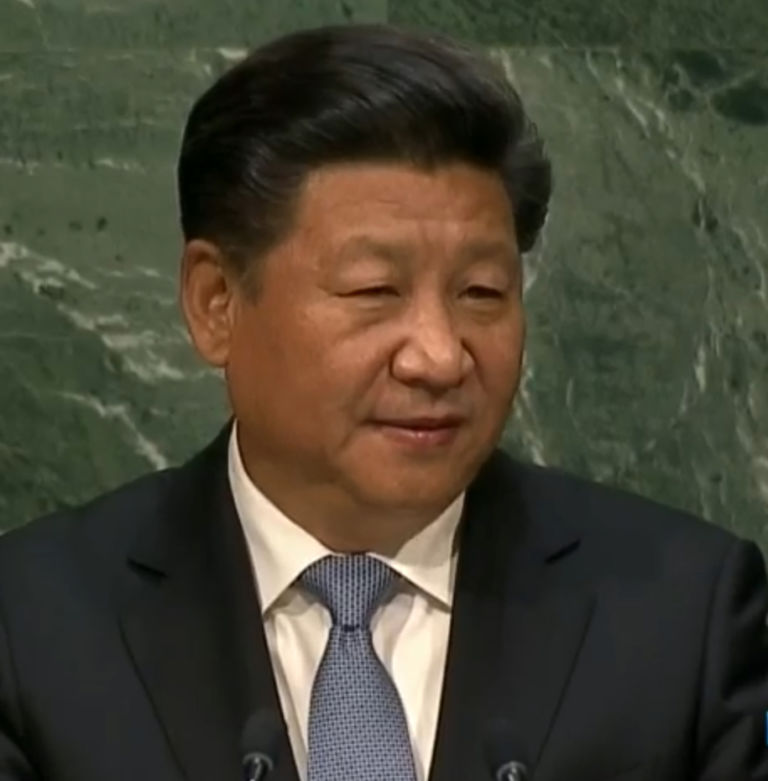Kyle Sammin writes for the Federalist about disturbing developments involving you and your money.
Last week, Canadian Prime Minister Justin Trudeau announced the suspension of Canadians’ rights last week in his invocation of the Emergencies Act to stop the Freedom Convoy protests in Ottawa and elsewhere. Among the restrictions announced are greater controls over the online crowdfunding sites that help to fund the protesters and attempts to control the flow of cryptocurrencies like Bitcoin.
According to news reports, “credit card processors and fund-raising services will be required to report any blockade-related campaigns to Canada’s anti-money laundering agency.” Canadian banks quickly fell in line with the decrees, with Toronto-Dominion Bank freezing two personal bank accounts containing C$1.4 million ($1.1 million) they said was intended to support the truckers.
It bears a striking resemblance to the Biden administration’s recent efforts to intensely monitor what goes in and out of Americans’ bank accounts. The president’s expected announcement this week of an executive order to explore greater regulation of cryptocurrency is likewise an attempt to stick the state’s nose ever deeper into the average citizen’s business.
We’ve grown used to the idea that the government has a monopoly on money. Coining money is one of those powers of the state that most people never consider, like building roads or controlling national borders. Our money has dead presidents on it — it’s plainly a government operation. Where else would money come from, right?
But before the rise of electronic money transfers — the electronic bill-pay, direct deposit, and credit and debit card purchases we make every day now — whether the dollar bill in your wallet was issued by a bank (as in the early days of the republic) or by the Federal Reserve (as they are now) did not much matter. It was yours. No one knew what you spent it on unless you chose to tell them.


